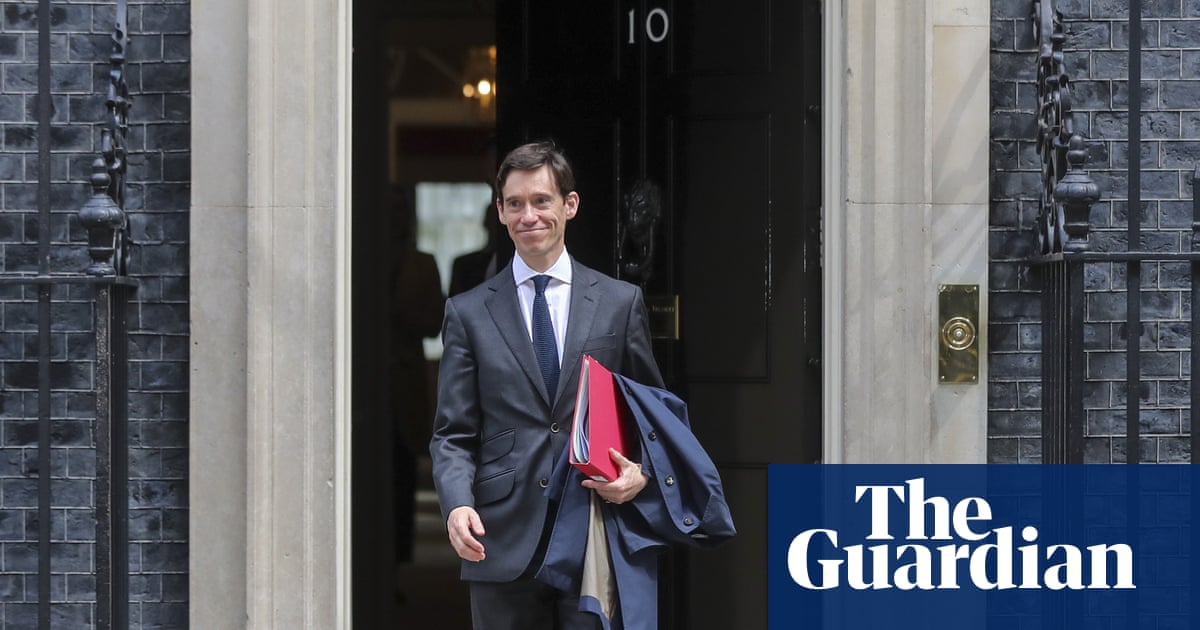
“This is a book about the ways a healthy democracy should connect people to each other and to the place they call home. It is about the toxic politics that reverse and disrupt that process. It is about the failures at the heart of democracy…” So says Rafael Behr. His project was conceived and written in the aftermath of a heart attack that very nearly did for him at the age of 45.
He writes during a period of turbulence. Across Europe and in the US, populists of right and left, often under the cloak of nationalism, are on the rise. UK politics during the past decade has been a rollercoaster, both main parties having succumbed to takeovers by cults. Meanwhile the world beyond fortress Europe appears to be disintegrating, and looming ever larger over our comfortable little lives are the potentially existential threats of global heating and mass migration.
In recent years the centre ground has become an increasingly lonely outpost. Politicians, never high in public esteem, now rank lower than ever. Democracy, says Behr, is in danger of becoming “fracked” by hyper-cynicism, causing many sensible, decent people to disengage.
Though not without strongly held opinions, the author is very firmly a creature of the centre. A distinguished Guardian (and formerly Observer) political commentator, he writes with elegance and honesty and his judgments are balanced. A voice of reason in an otherwise polarised world. In part this is a memoir. Born and bred in Finchley (Margaret Thatcher’s constituency), he is the son of a Jewish family who migrated to the UK by way of Lithuania and South Africa. As a young journalist around the turn of the century, he cut his teeth as a correspondent for the Financial Times in Moscow, where he had a first-hand view of a dysfunctional society in which democracy is an alien concept.
He writes amusingly and perceptively of those he dubs “Brexit Bolsheviks” and “grievance miners”. He writes, too, of “outrage inflation” – the impact of social media on contemporary political discourse. Confected outrage, a phenomenon hitherto confined to the tabloids, has now begun to infect liberal outlets. “In the 21st-century media, the intensity with which an opinion is held has come to serve as a proxy for its value in a debate. The more ardent the feeling the more deserving it is of attention… A handful of online fulminators will suffice for the threshold of newsworthy outrage to be met.”
One issue the author does not address in any detail is the insidious rise of so-called dog-whistle politics, in which political parties hammer away at one another, focusing on issues they hope will arouse fear and loathing among the righteous. Like most such political diseases, it began in America and was introduced to these shores by Lynton Crosby, an Australian. Until recently, dog whistling was largely the preserve of the Conservative party, but the recent Labour campaign alleging Rishi Sunak is soft on paedophiles suggests that the disease is infectious. It is hard to think of anything more likely to put decent people off politics.
It is usual for books of this nature to conclude with a wishlist of measures that, in the eyes of the author, are essential for a better world – proportional representation, a wealth tax, a new centre-ground political party and so on. Behr does nothing of the sort. Instead he offers “perspectives”. His only plea is that rational, sensible people should not disengage from the political process, leaving it to those on the extremes of right and left. “There is no harm in having steadfast beliefs. The danger comes when opinions are held with such intensity that criticism is construed as treason and reasonable challenge denounced as heresy.”
“British democracy has many flaws,” he says, “but it isn’t a sham… Complacency is dangerous, but there is also a hazard in oversteering away from the centre, swerving in hot pursuit of white-knuckle radicals to the left and right who despise incremental reform and dismiss moderate improvement as tantamount to none. For them the destination is less important than the thrill of the ride.” Or, to put it another way, be careful what you wish for.
Chris Mullin is a former Labour minister. His latest volume of diaries, Didn’t You Use to Be Chris Mullin? will be published by Biteback on 11 May












